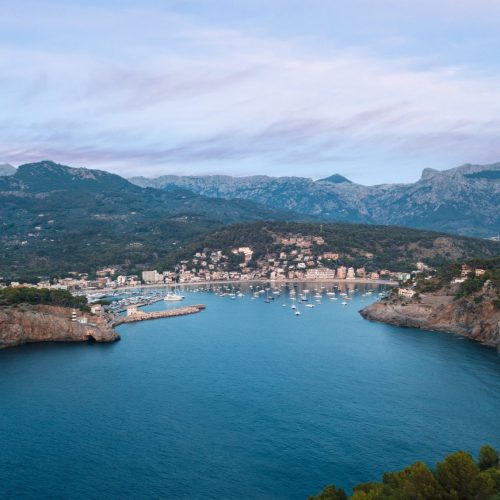
What is el Día de las Islas Baleares
Día de las Islas Baleares (Balearic Day)
[In the local language: Diada de les Illes Balears]
To share with you one of the most important days in Balearic Islands, today we are diving into a local holiday, Día de las Islas Baleares!
What is it?
On the 1st of March each year, the Balearic Islands commemorate their recognition as an autonomous communidad of Spain. Despite being quite the tourist attraction nowadays, the Balearic Islands have a rich, vibrant history. On this day, the traditions and folklore of the islands really come alive through the bright colors and tradition-inspired activities that allow the islanders to really showcase their native history as one of the oldest cultures in the Mediterranean and world.
The History
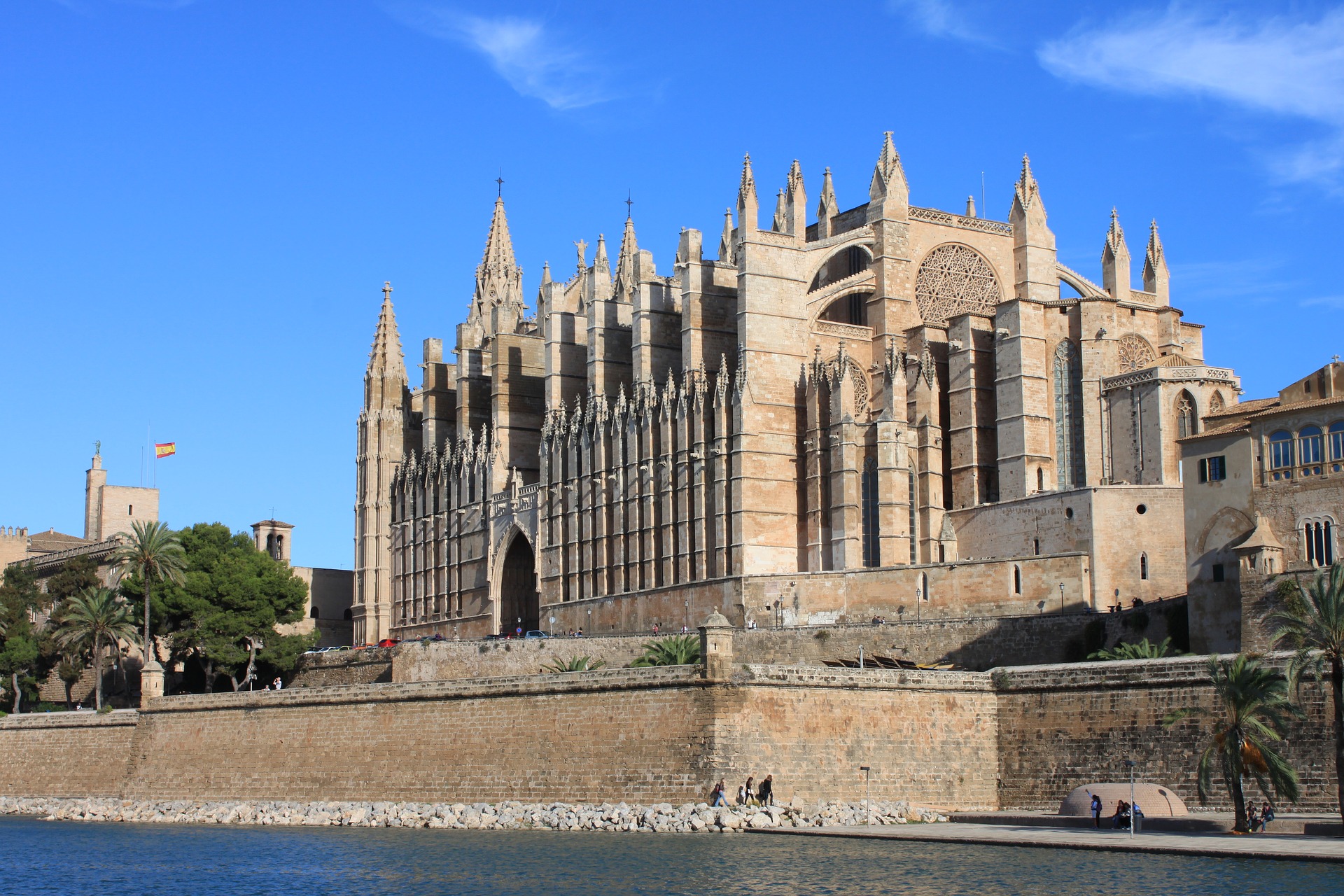 The Balearic Islands, or las Islas Baleares as we call them in Spanish, consist of the large islands of Menorca, Mallorca, Formentera, and Ibiza. This autonomous region is located approximately 50-190 miles (80-300 km) east of peninsular Spain. Due to its accessibility from different countries around the Mediterranean sea, the islands have a varied history that consists of being conquered (at least in part) by the Vandals (526), the Byzantines (534), the Moors (903), different rulers of Spain (starting in 1226), and the British (1708), eventually being established as a Spanish province in 1833.
The Balearic Islands, or las Islas Baleares as we call them in Spanish, consist of the large islands of Menorca, Mallorca, Formentera, and Ibiza. This autonomous region is located approximately 50-190 miles (80-300 km) east of peninsular Spain. Due to its accessibility from different countries around the Mediterranean sea, the islands have a varied history that consists of being conquered (at least in part) by the Vandals (526), the Byzantines (534), the Moors (903), different rulers of Spain (starting in 1226), and the British (1708), eventually being established as a Spanish province in 1833.
On March 1, 1983 the BOE del Estatuto de Autonomía, or the Statute of Autonomy, was officially published. This documented connected the Balearic Islands to the united Spanish nation while maintaining their rights as an autonomous region. Since then, the Día de las Islas Baleares has been considered the official day of the Balearic Islands, although it was still a normal work day until 1999. Since then, however, March 1st has been observed as a local bank holiday.
Main Activities:
The main events of Balearic Day will vary a bit depending on the island on which you find yourself but the general emphasis is on local dance, food, and traditions. Thus, in Mallorca you’ll find elaborate performances of local dances; in Menorca you’ll find the ‘purest’ form of primitive local dances; in Formentera, you’ll find sporting events such as races and basketball; and in Ibiza you’ll find an emphasis on indigenous horses on display.
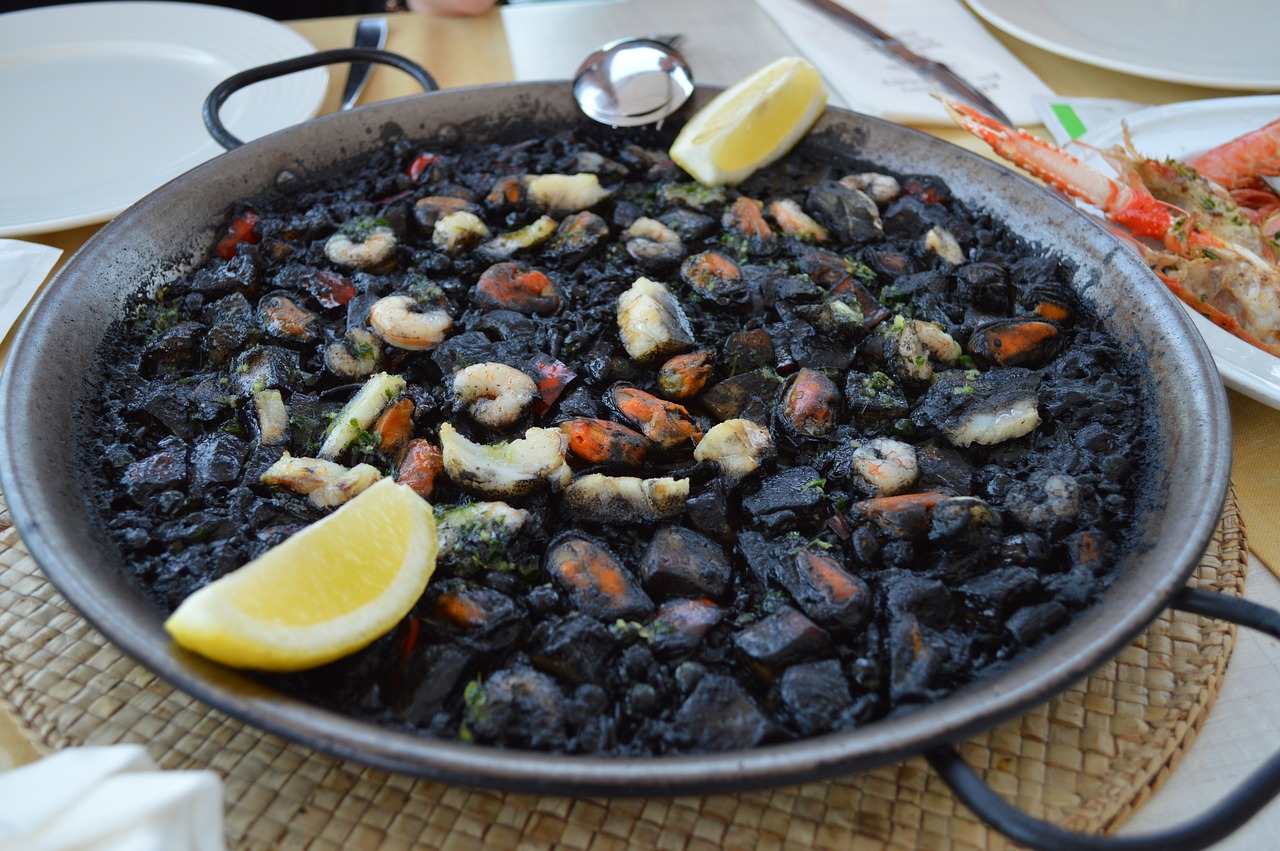 Local gastronomy is highlighted through la ruta de tapas de gourmet (the route of gourmet tapas) and open houses hosted at local wineries where visitors can taste test some of the island’s homemade wines. Local breweries also take the spotlight on this day with the newer tradition of the Feria de la Cerveza (beer festival) which draws attention to beers produced exclusively on the islands.
Local gastronomy is highlighted through la ruta de tapas de gourmet (the route of gourmet tapas) and open houses hosted at local wineries where visitors can taste test some of the island’s homemade wines. Local breweries also take the spotlight on this day with the newer tradition of the Feria de la Cerveza (beer festival) which draws attention to beers produced exclusively on the islands.
Additionally, a medieval market, workshops, conferences, concerts, sporting events, and stands for selling traditional Balearic food and crafts are made abundant for this celebration. For approximately two weeks surrounding the official bank holiday, many of the most important buildings, museums, and monuments will open their doors to the public in order to promote these emblematic places and international understanding of their rich heritage. For those looking to see more of the culture and not only the beach or party life that the islands are often associated with, this is a wonderful time of the year to visit!
Resources:
http://icalendario.net/fiestas-oficiales/dia-de-islas-baleares
https://www.diafestivo.es/dia-de-las-islas-baleares.php
https://www.illesbalears.travel/experiencia/es/mallorca/dia-de-las-islas-baleares-las-4-islas-se-visten-de-fiesta-en-su-gran-dia
https://calendarios.ideal.es/dias-festivos/dia-de-las-islas-baleares
https://www.britannica.com/place/Balearic-Islands


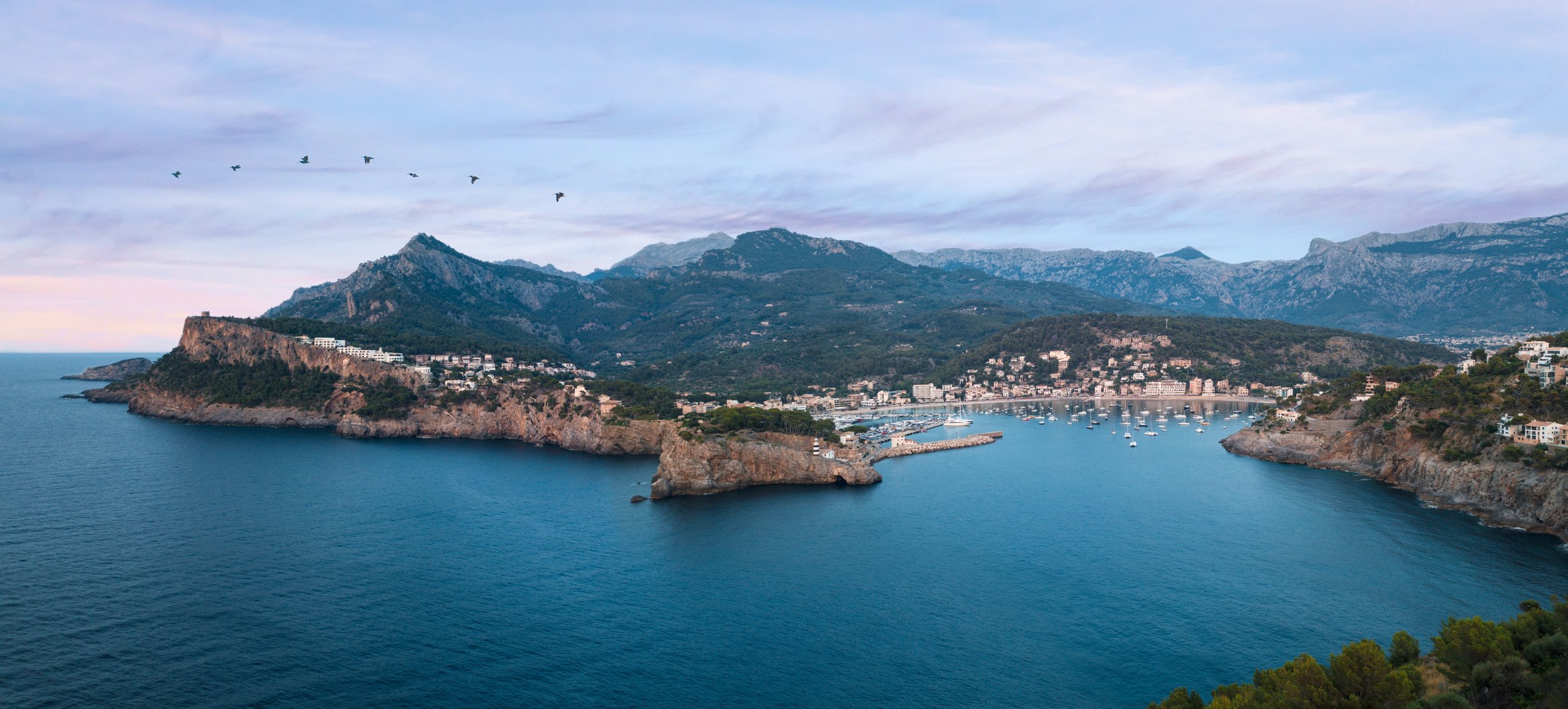
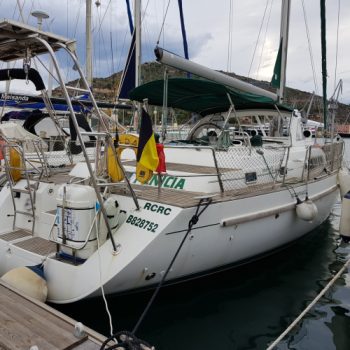

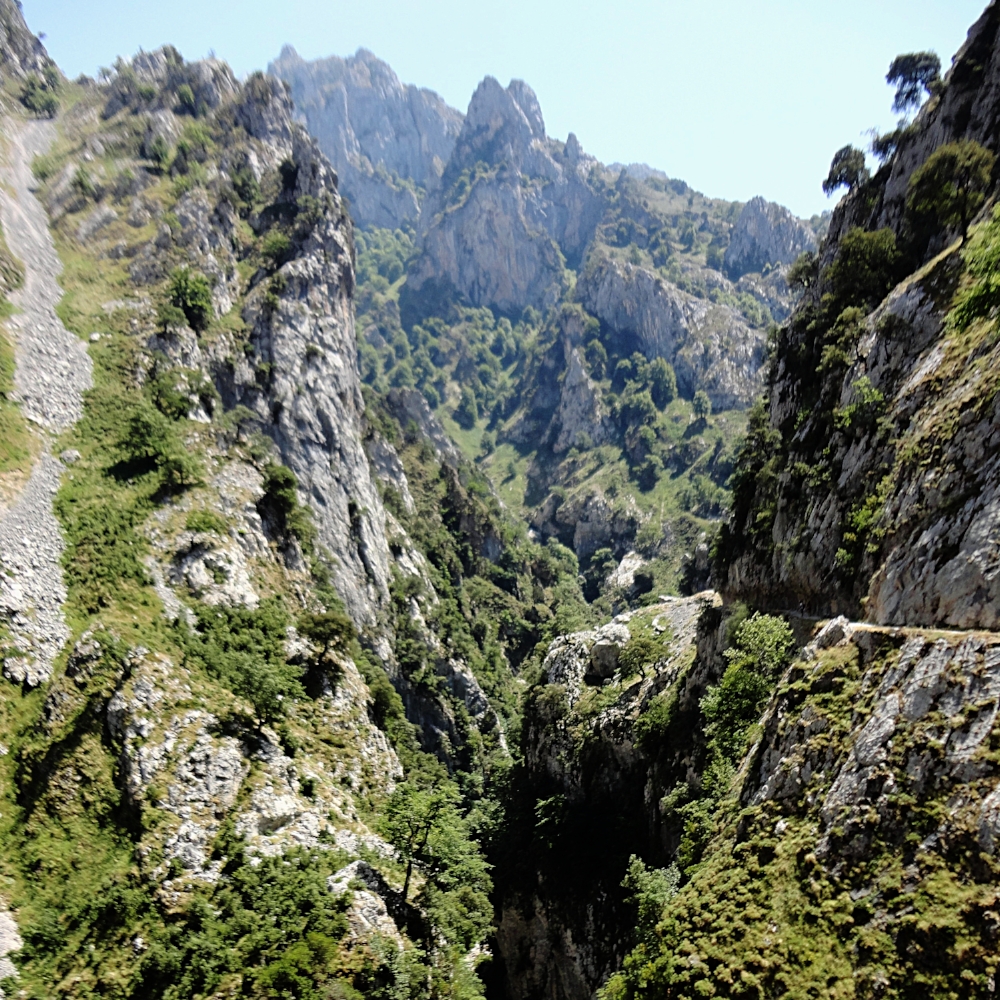
2 Comments
sandy.tyulik@gmail.com
he best part is about vibrant community! This place really impressed me so much, I think this is the solution with hundreds of comments, I like it!
Sincerely, Spain
Thanks for sharing your experience Sandy!